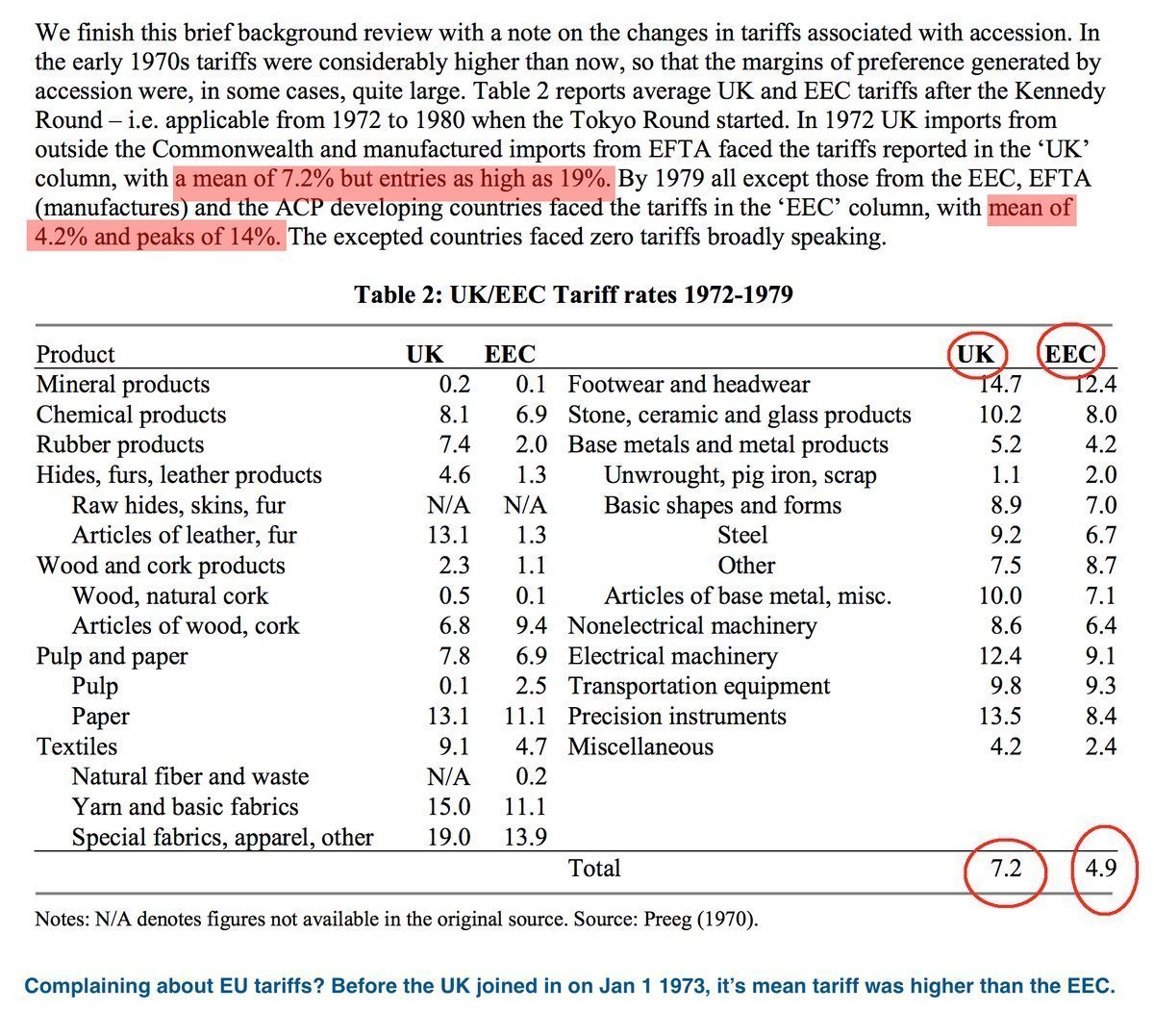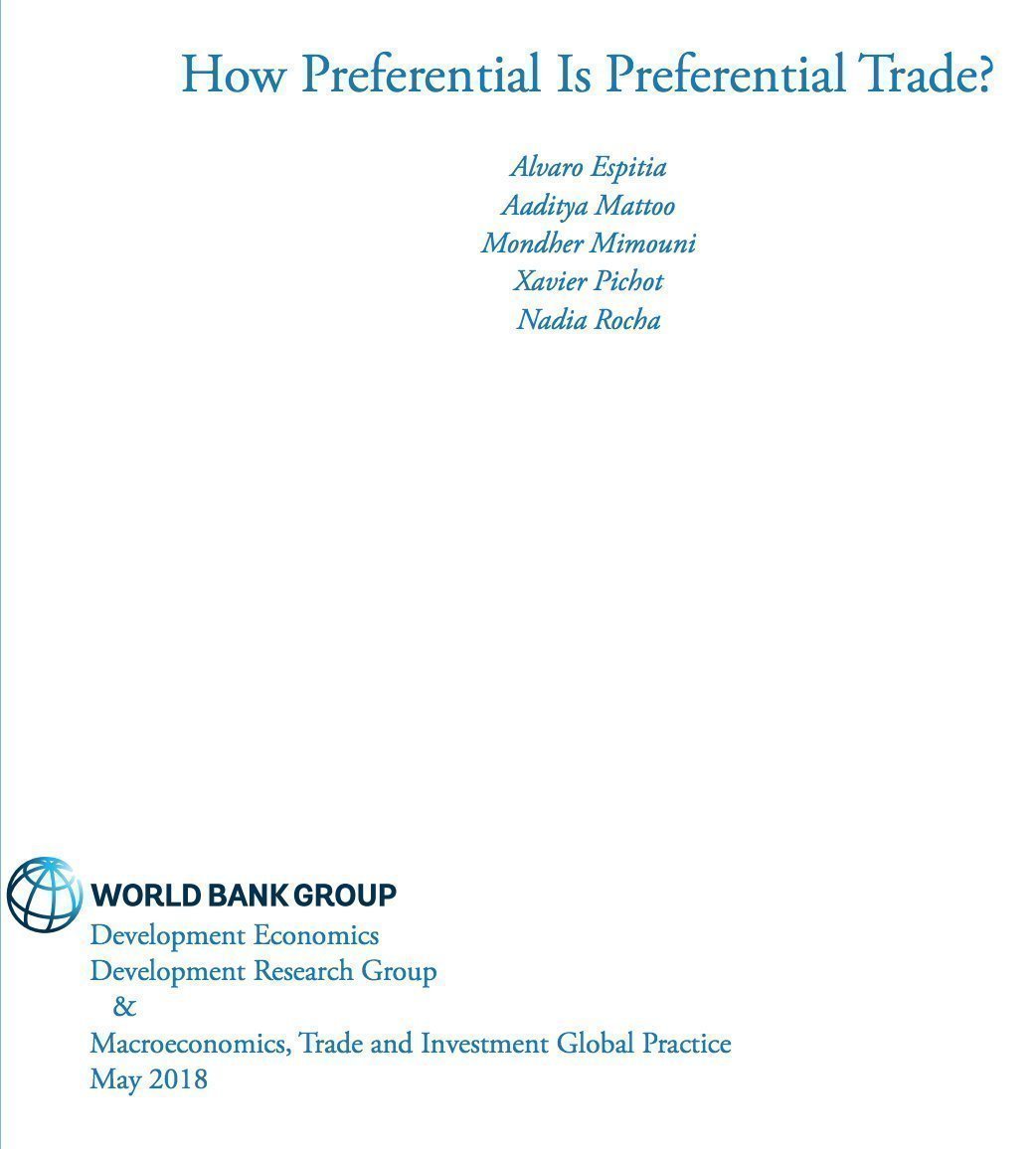Let's look at your links.
This is the first one. dpa-international.com/topic/urn:news…

Mexico, Russia, India, USA and Brazil.
Biggest imports from the EU if from Germany as 2.7%
trademap.org/Country_SelPro…
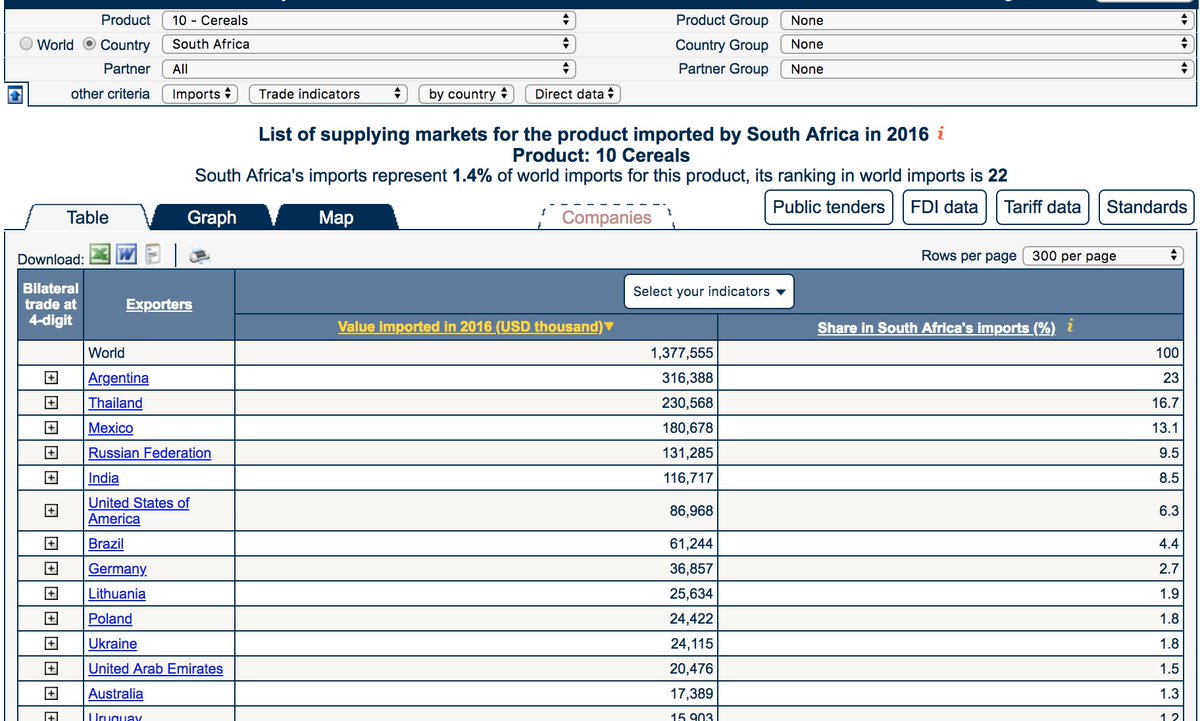
Biggest import from EU are France at 2.9%.
trademap.org/Country_SelPro…
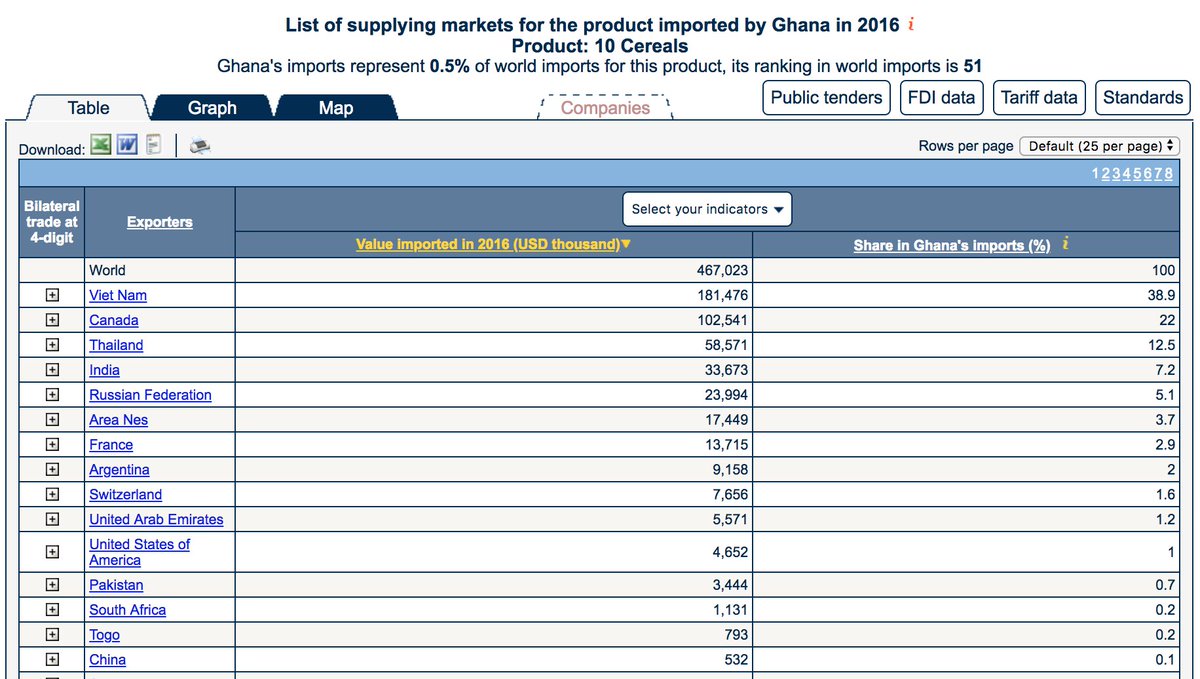
86.8% of cereal imports come from USA, Russia, Canada, Australia and Thailand.
Biggest imports from EU are from Poland at 2.7%
trademap.org/Country_SelPro…
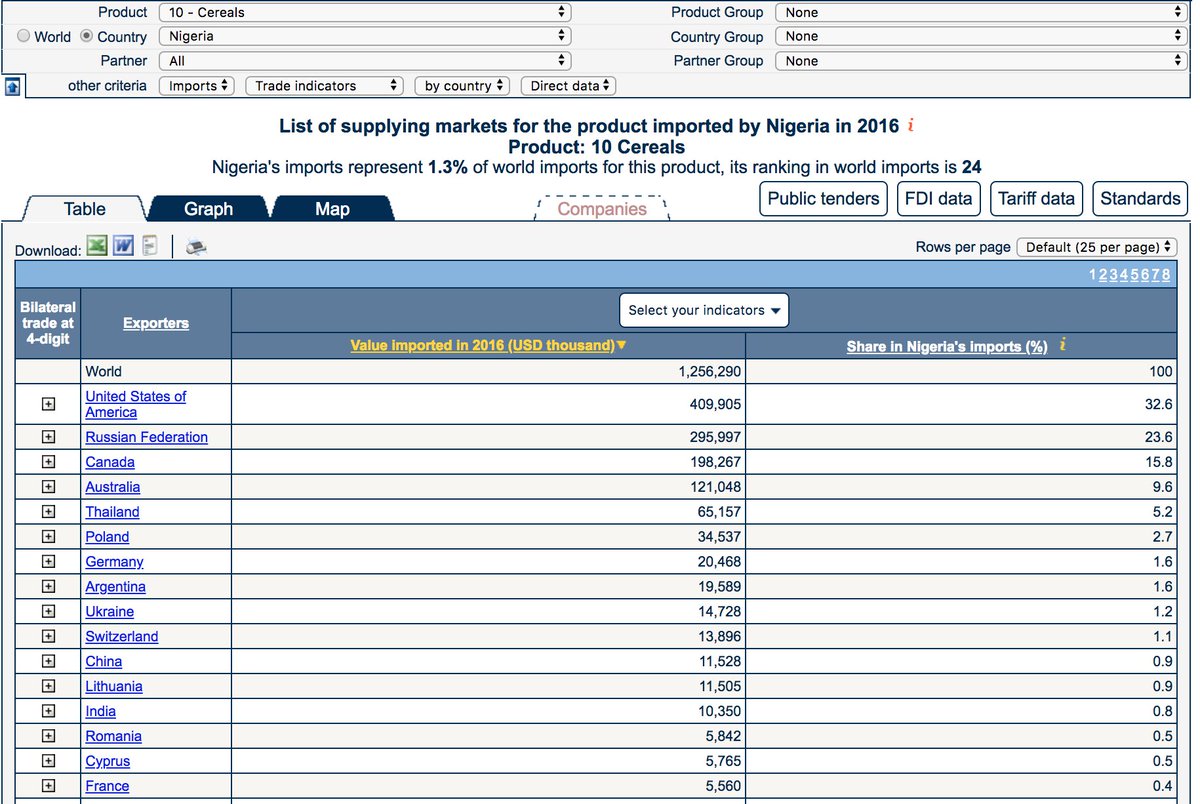
What about other foodstuffs. Well we could look at anything you like, but I chose chicken and South Africa because that had been raised as an issue in the article.
trademap.org/Country_SelPro…
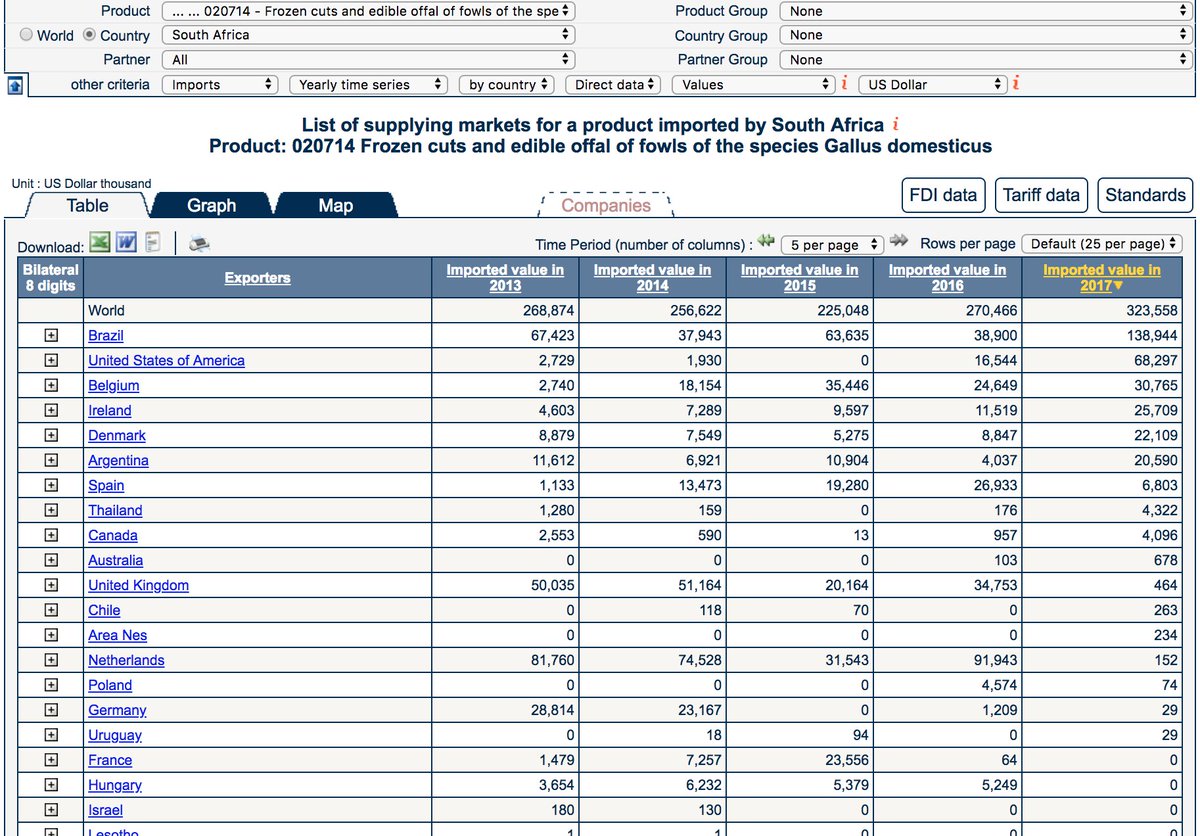
No surprise to find they're quoting Calestous Juma.
Your 4th link is another one I've seen many, many times, it again repeats the false claim of Caelstous Juma about coffee. The same applies for chocolate by the way. It specifically mentions Ghana.
Let's look at Ghana.
Exports from Ghana to the EU have been tariff free since 1 Jan 2008.

The WTO ruled against these preferences in 2000.
Most African countries are now either on EPA, or have an exception to tariffs as I stated earlier.
Note Ghana ratified the EPA in 2016.
Following the UK's accession preferential tariff access to the EEC was extended to the less developed former British colonies. Collectively called the ACP (African, Caribbean, Pacific) acp.int/content/secret…
The ACP countries were not required to reciprocate. en.wikipedia.org/wiki/Lom%C3%A9…
theguardian.com/world/1999/mar…
The EU devised the Economic Partnership Agreements scheme (EPA) in the Cotonou Agreement in 2000.
en.wikipedia.org/wiki/Cotonou_A…
ictsd.org/bridges-news/b…
eeas.europa.eu/archives/deleg…
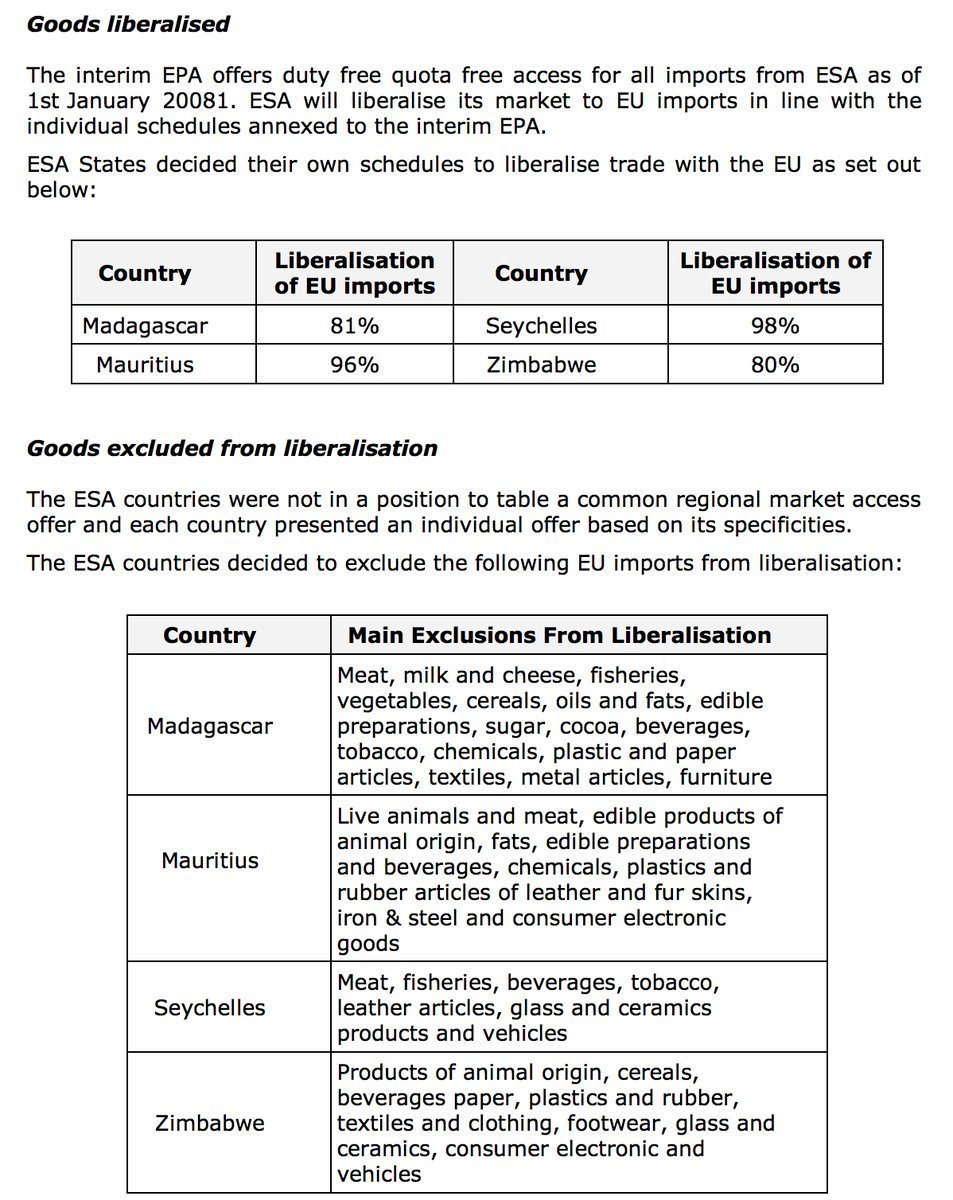
In 2014 the EU lost patience with Kenya and other countries which had not signed. So they called time.
trade.ec.europa.eu/doclib/docs/20…
But Kenya signed at the end of 2014, putting it back on zero tariffs again.
They finally ratified the EPA in 2016.
Indeed Shahmir Sanni the BeLeave/Cambridge Analytics whistleblower named the plight of African farmers t as one reason he supported the leave campaign.theguardian.com/uk-news/2018/m…

